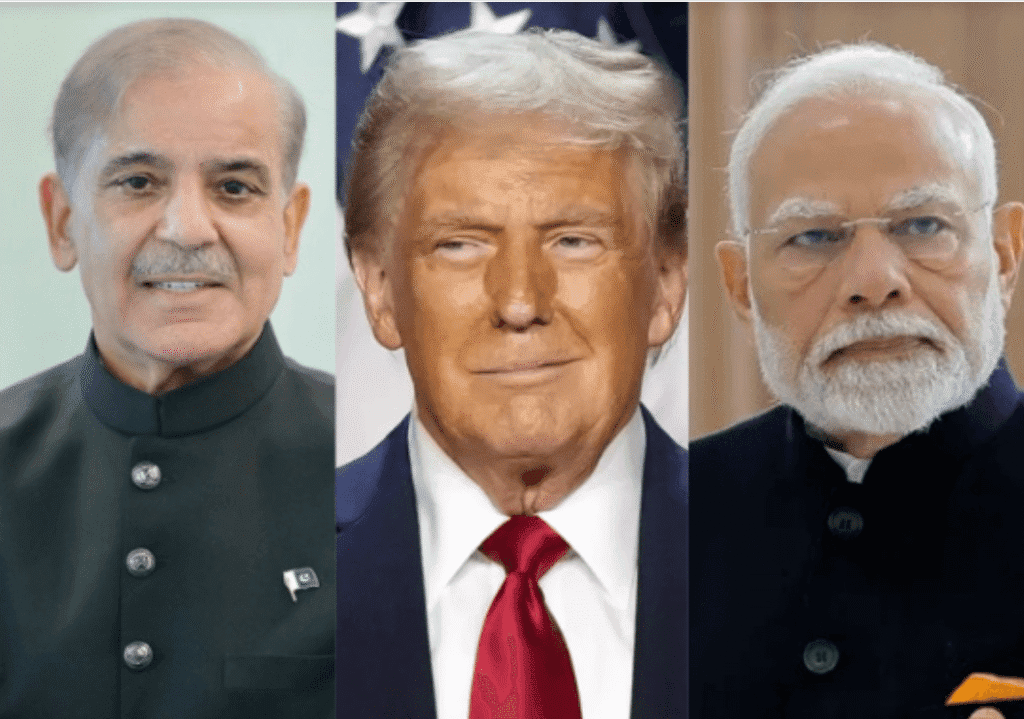ISLAMABAD – Former U.S. President Donald Trump’s surprise offer to mediate the Kashmir conflict has been met with cautious optimism in Pakistan and among international observers, following a recent U.S.-brokered ceasefire that eased weeks of deadly clashes along the Pakistan-India border.
Trump’s statement, posted on his Truth Social platform, praised the leadership in Islamabad and New Delhi for pulling back from the brink and offered his services to help resolve the decades-long Kashmir dispute. Calling a resolution a potential “legacy win,” Trump’s comments have reignited diplomatic conversation around one of the world’s most protracted conflicts.
The Pakistani Foreign Office welcomed the gesture, acknowledging Washington’s role in defusing tensions and reaffirming that any lasting peace must be rooted in UN Security Council resolutions and uphold the Kashmiri people’s right to self-determination. Islamabad also expressed its desire to deepen economic and diplomatic ties with the U.S., particularly in trade and investment.
Former Pakistani High Commissioner Abdul Basit called Trump’s remarks “commendable,” highlighting his recognition of Kashmir as the core regional issue. Political analyst Huma Baqai described Trump’s renewed involvement as “a breath of fresh air” amid years of international silence.
U.S. foreign policy analyst Michael Kugelman noted a shift in Trump’s rhetoric from past proposals. “This time, he’s going beyond just offering help—he’s emphasizing the need for a real solution,” he said.
Prominent voices in Pakistan’s political and media landscape, including journalist Hamid Mir and Senator Sherry Rehman, echoed the sentiment. Rehman described Trump’s remarks as “a rare opening” in a stalemate that has defied resolution for over seven decades.
While the proposal is welcomed by many in Pakistan, the path forward remains uncertain. India has historically rejected third-party mediation in Kashmir, insisting the matter is bilateral.
Trump’s diplomatic overture comes at a time when Pakistan is actively engaging the international community to address regional flashpoints. Whether this offer translates into tangible progress, however, depends on how far both nuclear-armed neighbors are willing to go.
